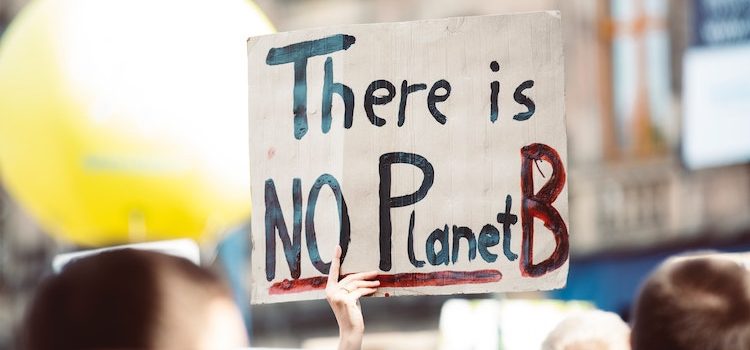

This article is an excerpt from the Shortform book guide to "Unsettled" by Steven E. Koonin. Shortform has the world's best summaries and analyses of books you should be reading.
Like this article? Sign up for a free trial here.
Is the weather more extreme these days? Why are sea levels rising? Are we headed for a climate apocalypse?
Former energy industry scientist Steven E. Koonin contends that climate activists have misled the public into thinking there’s proof that our actions have led to global warming and possible climate catastrophe. On the contrary, Koonin argues that the facts about climate change are far from certain.
Keep reading to learn how Koonin dispels three significant misconceptions about climate change.
Misconceptions About Climate Change
Koonin believes that misunderstandings about the science have led to three major public misconceptions about climate change: First, that extreme weather is increasing in severity and frequency; second, that human activity has caused sea levels to rise; and third, that climate change will lead to global catastrophe.
Misconception #1: Extreme Weather Is Getting Worse
Koonin concludes that there’s no long-term trend of weather becoming more extreme. He compiled data illustrating the frequency of absolute high and low temperatures, which are simply the highest or lowest temperatures over the entire timespan. Using this data, he found no discernible trend in record-high temperatures since 1900, though record-low temperatures became less frequent.
Upon examining the data on North Atlantic hurricanes dating back further to the 1940s, he says there’s no discernible long-term trend. In fact, any slight increase in hurricane activity from 1985 to 2010 is offset by a similar decrease from 1965 to 1985.
According to the UN’s own climate scientists, we aren’t sure whether floods are increasing globally. Similarly, there’s little evidence that droughts are becoming more prevalent worldwide since the 1950s.
Misconception #2: Human Influences Are Making Sea Levels Rise
Although sea levels are indeed rising, it’s unclear whether this rise is caused by human-induced climate change rather than natural variation. The last 400,000 years have seen cycles of sea level changes that occur because shifts in the Earth’s orbit and tilt cause glaciers to either melt or grow larger. Koonin observes that periods of relatively higher sea level rises also occurred before humans were actively affecting the climate.
Misconception #3: Climate Change Will Lead to Catastrophe
Some models support predictions that climate change will lead to disaster in three areas: increased climate-related deaths, widespread food shortages, and economic turmoil. By appealing to the very models, Koonin argues the opposite.
Climate-Related Deaths
First, Koonin disputes economist Michael Greenstone’s projection that climate change will cause an additional 85 deaths per 100,000 people by 2100. On the contrary, he argues that Greenstone’s concern about climate-related deaths is overstated. According to Greenstone’s own model, climate-related deaths by 2100 will be far fewer than reported.
Widespread Food Shortages
Next, Koonin criticizes a 2019 New York Times article reporting that climate change has contributed to global food shortages, according to an IPCC report. In response, Koon says that the IPCC’s report justifies only the modest claim that climate change has had a slight impact on global food yields.
Economic Turmoil
Finally, Koonin casts doubt on the US’s 2018 National Climate Assessment (NCA), which reported that climate change would substantially harm the US economy by 2100, arguing that climate change will have a nearly undetectable effect on economic growth. Koonin predicts that climate change will have a nearly undetectable effect on economic growth.

———End of Preview———
Like what you just read? Read the rest of the world's best book summary and analysis of Steven E. Koonin's "Unsettled" at Shortform.
Here's what you'll find in our full Unsettled summary:
- That humans are only partially to blame for the warming climate
- Why the proposed solutions to climate change are unlikely to succeed
- Alternative responses to climate change and how to improve understanding






